
Mulesoft Tutorials Defining URI & Query Parameter in RAML Part 3 API Design NetBook
The valid segments of a URI are defined as

[Solved] Angular 4 Route query params cause path match 9to5Answer
Unique Resource Identifier (URI) is a resource identifier passed as a parameter in the Uniform Resource Locator (URL). Unique Resource Identifier (URI) identifies a unique instance of a particular resource type. The URI parameter should be a unique identifier. Example Get an account with unique id 1234 GET /accounts/ {accountId} GET /accounts/1234
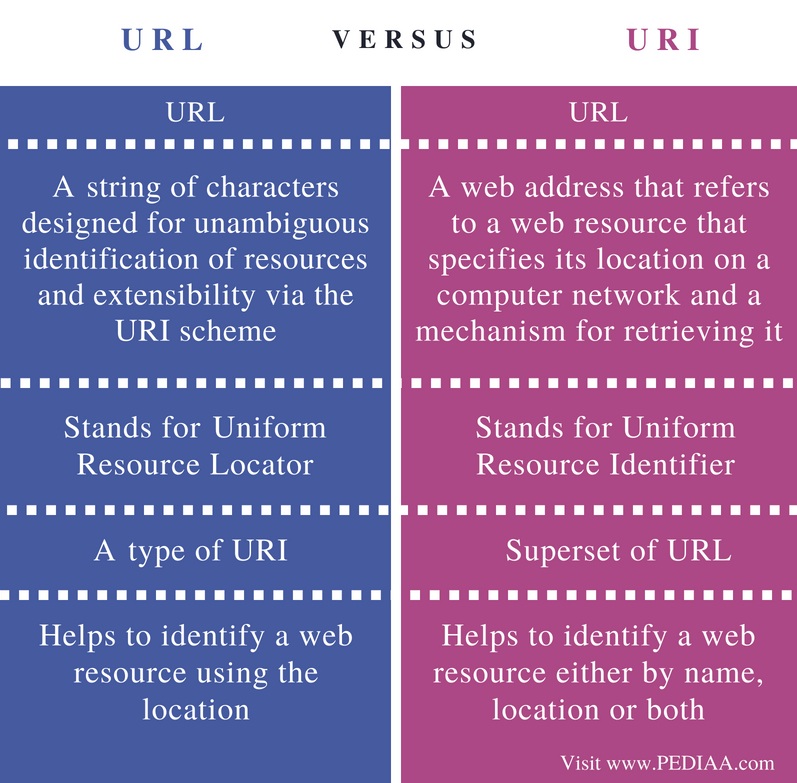
Difference Between URL and URI
What exactly is the difference between the body and the data? Are they the same thing? Or are headers the same thing as the param? When authentication takes place, are the username and password params or headers or does it vary from API to API? Any help is greatly appreciated.

Uri Parameter vs Query Parameter Programmerspub
The first difference between query and path parameters is their position in the URL. While the query parameters appear on the right side of the '?' in the URL, path parameters come before the question mark sign. Secondly, the query parameters are used to sort/filter resources.
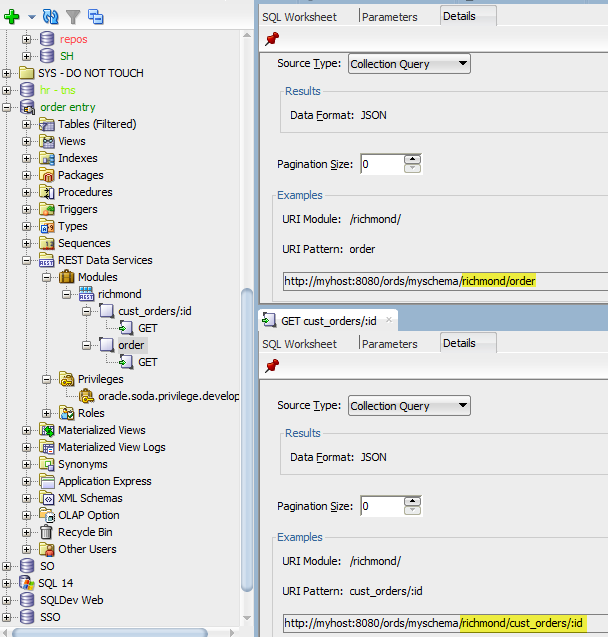
A Tale of Two Styles of URIs and Parameters w/ORDS
URL matrix parameters vs. query parameters Asked 13 years, 11 months ago Modified 2 years ago Viewed 88k times 202 I'm wondering whether to use matrix or query parameters in my URLs. I found an older discussion to that topic not satisfying. Examples URL with query params: http://some.where/thing?paramA=1¶mB=6542

Rest Adapter in SOA 12c REST API Query Parameter Vs Template Parameter/URI Parameter With
URI parameter (Path Param) is basically used to identify a specific resource or resources whereas Query Parameter is used to sort/filter those resources. Let's consider an example where you.
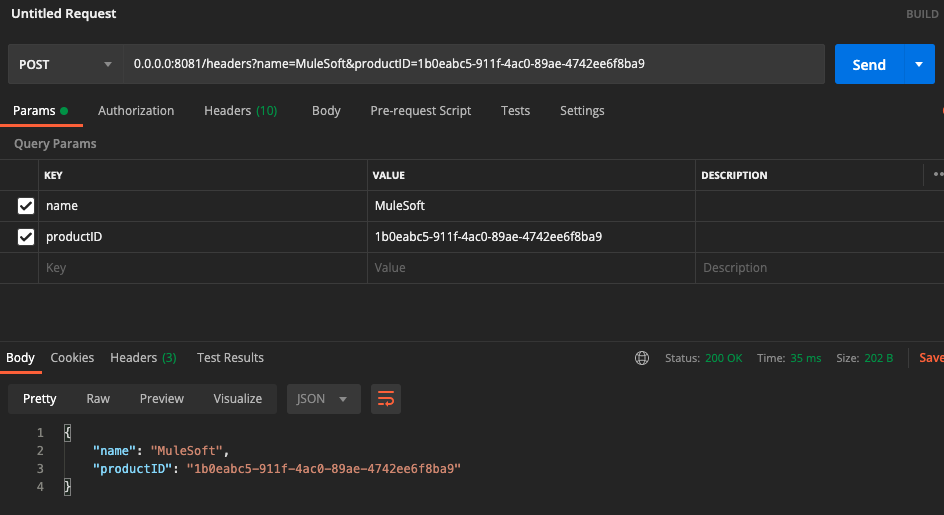
How to retrieve custom headers, query and URI parameters using DataWeave MuleSoft Developers
Path parameters are request parameters attached to a URL that point to a specific REST API resource. The path parameter is separated from the URL by a `/`, and from the query parameter (s) by a question mark (`?`). The path parameter defines the resource location, while the query parameter defines sort, pagination, or filter operations.
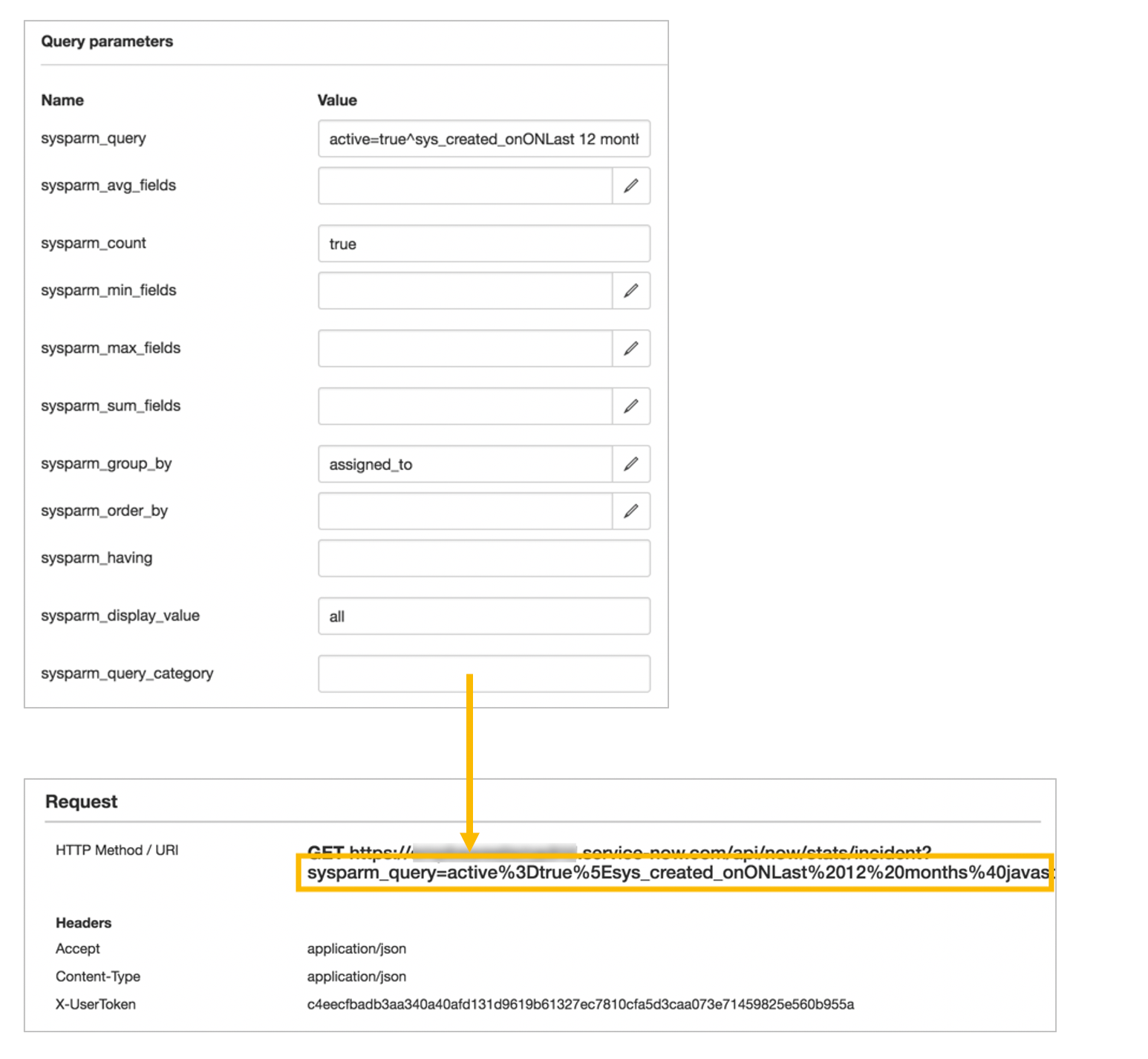
ServiceNow API Request ServiceNow Developers
A query string is more cumbersome or confusing verbally tell someone or to write down on paper (and less visually appealing), but it also makes site previews easier when sharing on Facebook (no need to dynamically generate og:image tags etc each time the URL and code are parsed) Is one really more correct than another?

[ Session ] RESTful API 란? / Path parameters / Query string
9 Answers Sorted by: 165 The URL indicates the resource itself. A "client" is a resource that can be acted upon, so should be part of the base url: /orders/view/client/23. Parameters are just that, to parameterize access to the resource. This especially comes into play with posts and searches: /orders/find?q=blahblah&sort=foo.
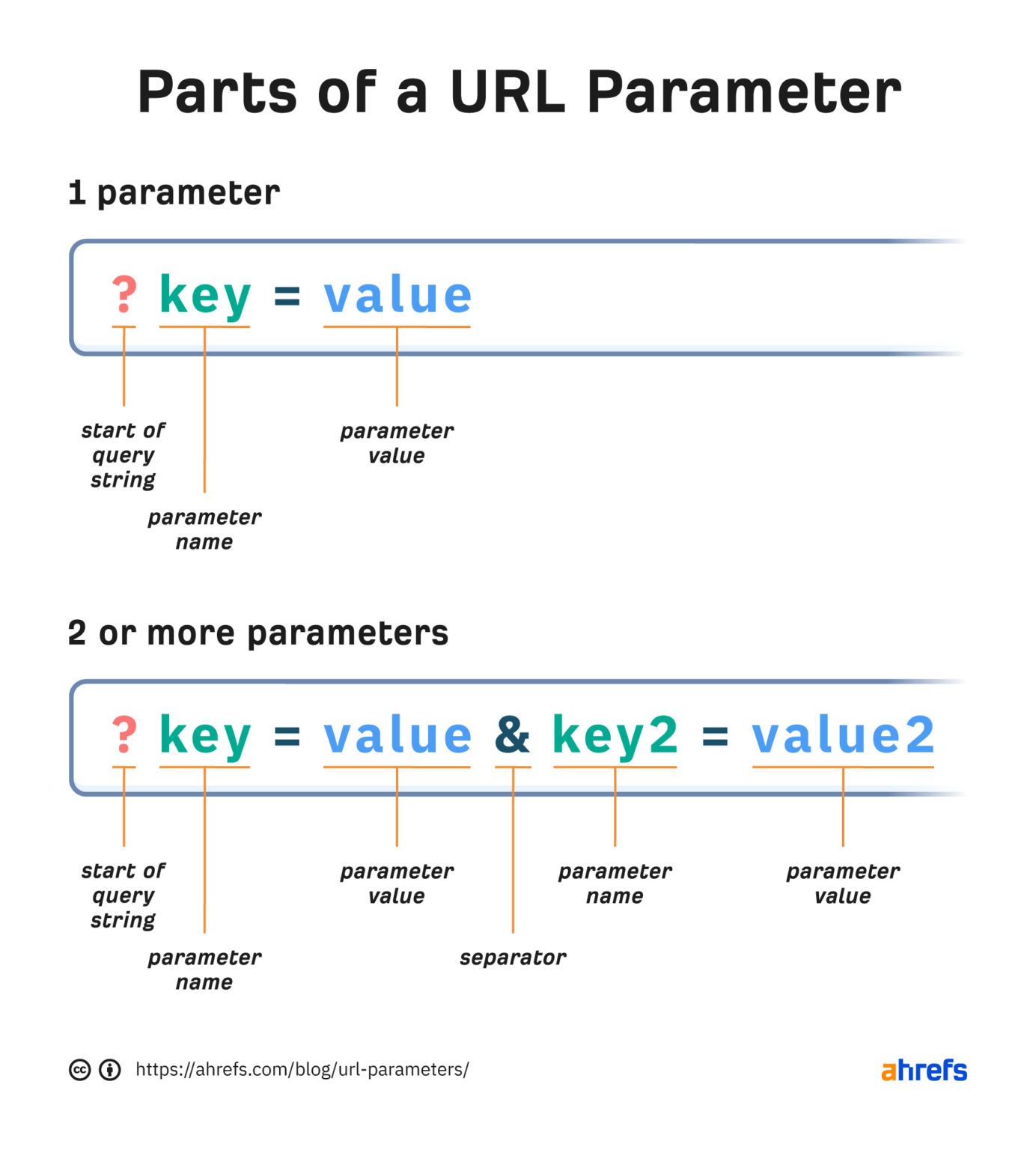
URL Parameters A Complete Guide for SEOs
Then use the DataWeave command attributes.uriParams to capture the URI parameter from the HTTP request. %dw 2.0 output application/json --- { "uuid": attributes.uriParams.'uuid' } Here is another example of how to format your URI Parameters if you are sending an outbound request.

How to Access URI and Query Parameter Inside Kumologica API DZone
Difference between URI PARAM and QUERY PARAM | URI Parameter vs Query String Parameter | Path Variable vs Query String VariableDifference between URI paramet.
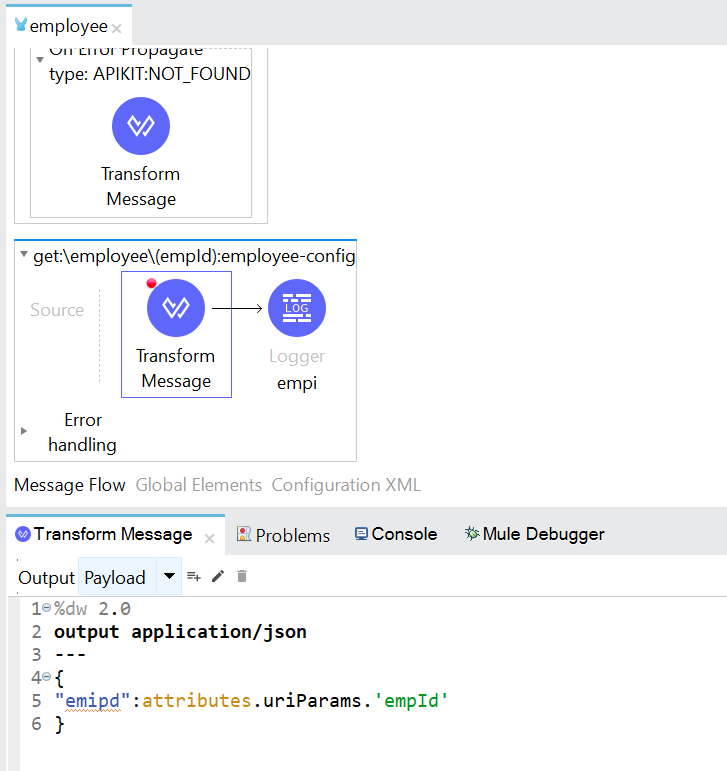
Retrieve URI Parameters From HTTP URL in Mule 4
Instead of sending a GET request to a resource with multiple parameters in the query string, that could lead to a really long undebuggable URL, we could design it as a resource (e.g. search-resource).

API request components URI Headers Body Authorization Query & Path params YouTube
4,129 7 30 40 Add a comment 2 Answers Sorted by: 6 I would recommend keeping your URL's as clean as possible and to try and use routes whenever possible. You should try and make RESTful URI's that will convey information to the user. For example: www.yourdomain.com/Products/Sports/Clothing is a lot cleaner than

Apigee Edge 4MV4D Extract Variables from Form / Header / Query / URI Parameters S11E04
Personally - I mostly use the word parameter when taking about them in a variable or method call context, and query string when talking about them in the URL context. (e.g.: the query string is split into parameters for the method).

Web API Versioning using Query string Parameter Dot Net Tutorials
Basic Syntax Let's first have a look at how the two are structured. Query Parameter: domain.com/path?key=value URL Parameter: domain.com/path/value In both cases, the path is optional. Of course, we can also accept parameters for the root URL ( domain.com/ ). Real examples: Query Parameter: domain.com/products?search=tomato
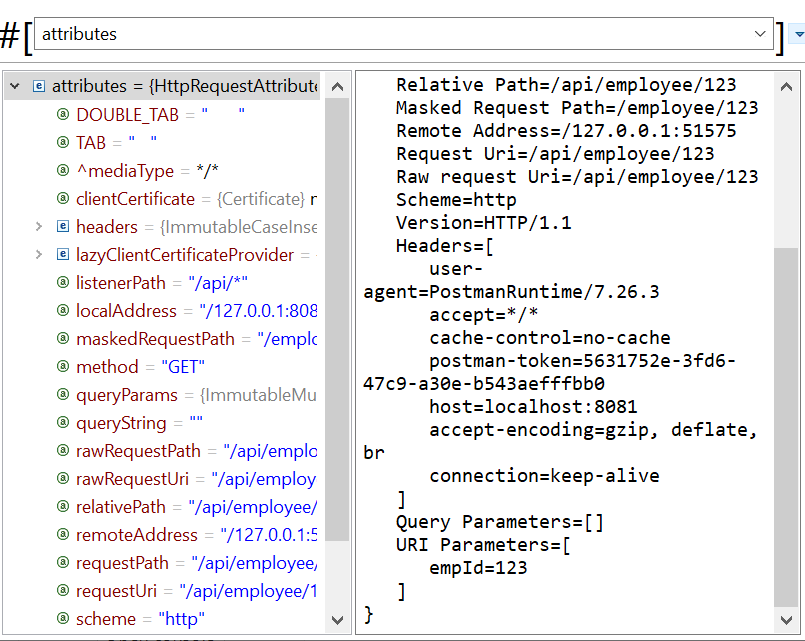
Retrieve URI Parameters From HTTP URL in Mule 4
1. Introduction Changeable components of an URL are called API parameters. They determine the kind of action we wish to take on the URL's resource. Each parameter has a name, type of value, and an optional description. Among others, matrix and query parameters are API parameters.